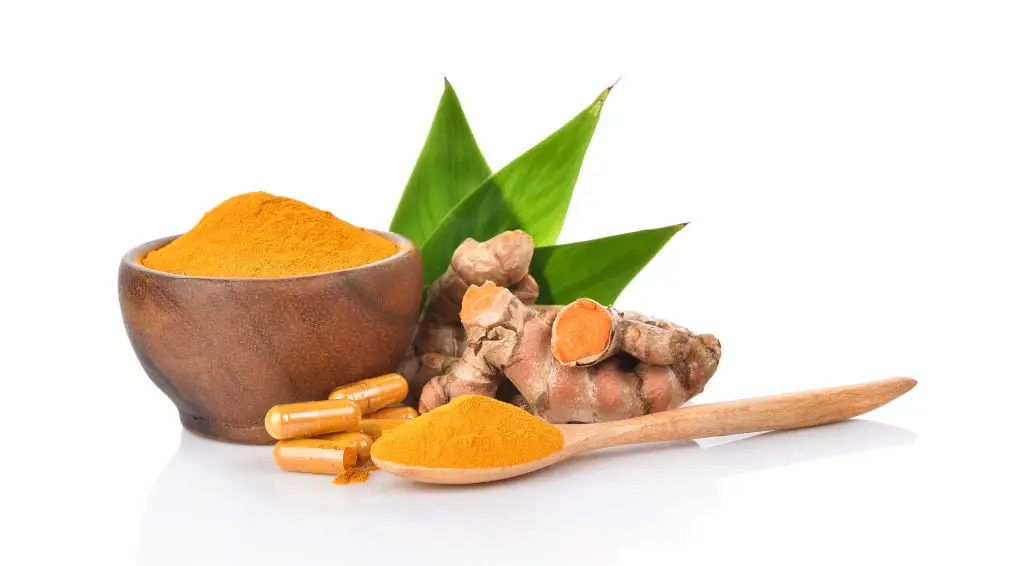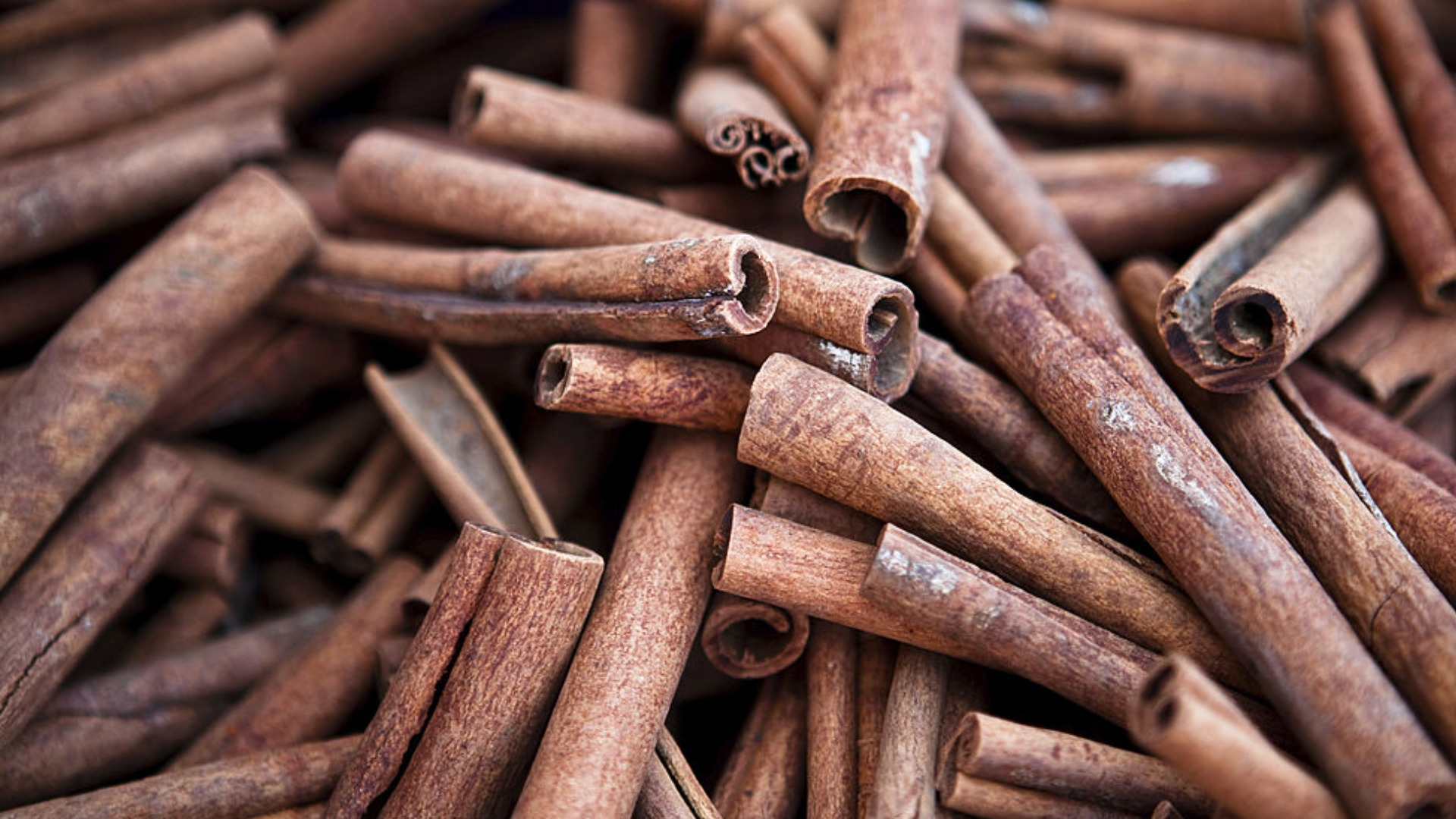13 “Healthy” Spices That Secretly Sabotage Your Anti-Inflammation Diet
If you’ve ever sprinkled turmeric on your eggs or sipped cinnamon tea to soothe a sore joint, you’re in great company. Spices have a dazzling reputation for fighting inflammation, making them beloved staples in anti-inflammatory diets everywhere. But beneath all the wellness headlines, there’s another truth: Not every “healthy” spice works the same way for every body—or in every dose. Some can do more harm than good, especially if you’re reaching for supplements or dealing with a health condition that makes you extra sensitive. This isn’t a reason to swear off your spice rack. Instead, it’s a gentle invitation to learn which flavors could quietly disrupt your journey toward feeling your best. Most of us trust that “natural” always means “safe.” That’s only true in moderation, and only if our own health needs are in the mix. Research and real-life experience show that even time-honored ingredients like turmeric, cinnamon, or ginger can cause surprise side effects—anything from medication mishaps to unexpected inflammation. If you’re committed to supporting your body’s healing, knowledge is power. Let’s look at 13 popular spices that may secretly sabotage an anti-inflammation diet, their hidden drawbacks, and how you can continue to season with confidence that suits your unique journey.
1. Turmeric & Curcumin: Hidden Liver Risk

Turmeric is the golden superstar of anti-inflammatory diets, celebrated everywhere for its soothing powers. Yet what many people don’t realize is that the magic lies in the details—and the dose. In small amounts as a cooking spice, turmeric brings color and subtle flavor to curries and stews, generally without issue. However, curcumin, the active compound, becomes much more concentrated in supplement form. Medical experts have raised alarms about the risk of serious liver toxicity from turmeric or curcumin supplements, especially in high quantities or when taken over long periods. Recent studies reveal that roughly 15 million Americans use botanical supplements linked to liver strain every month. Doctors have even documented hospitalizations and, in rare cases, liver transplants tied to high-dose turmeric. “Natural” doesn’t always translate to “harmless,” particularly when it’s a powder in a capsule. Enjoy turmeric in meals for flavor and gentle benefits, but always talk with your healthcare provider before considering boosted doses in pills or extracts—especially if you have liver concerns or take other medications.
2. Cinnamon: When “Natural” Becomes Toxic

Few spices deliver the comforting aroma of cinnamon, but there’s a twist hiding in your jar. Most commercial cinnamon is “cassia” type, which contains higher levels of a compound called coumarin. In large amounts or concentrated supplement form, coumarin can become toxic to your liver. The warm sprinkle on toast or oatmeal is generally safe. Problems begin when people turn to cinnamon capsules or extracts, thinking more is better for blood sugar or inflammation. Medical research warns against exceeding culinary doses. Supplements and “challenge” regimens promoted online can cross a line into risky territory, particularly for those with liver or blood-clotting concerns. If you rely on cinnamon for its anti-inflammatory reputation, stick to moderate flavors in food. And always check with your doctor before adding any cinnamon supplement—especially if you use other medications or have underlying liver issues.
